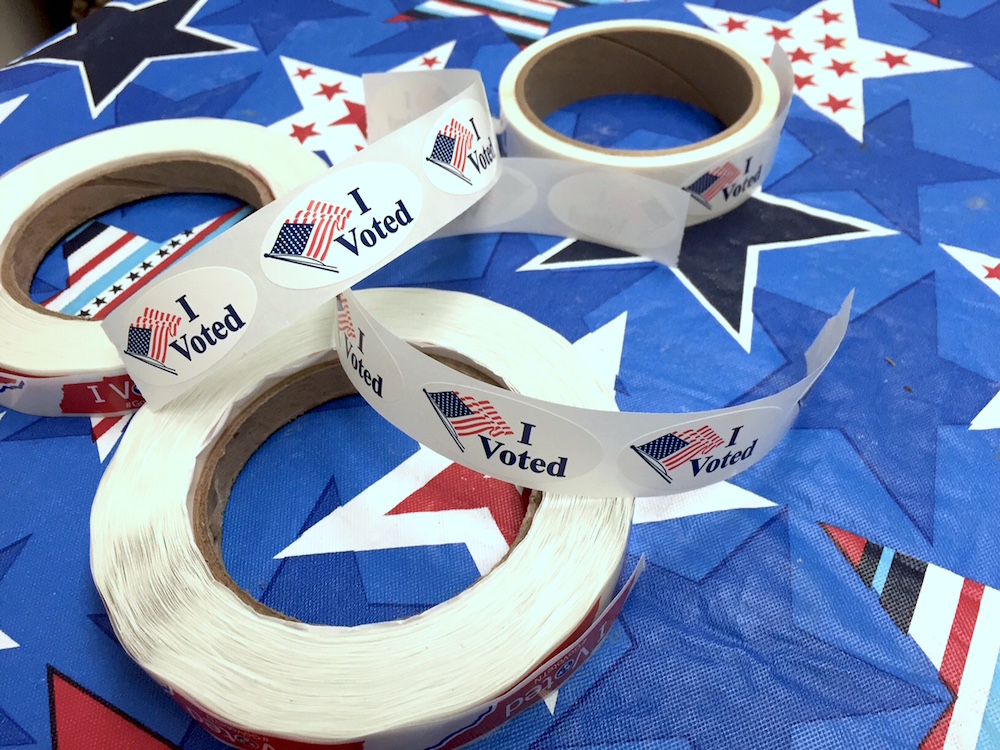
More than 900 voters in Williamson County crossed party lines to cast ballots in this month’s Republican primary for local offices, according to the local election commission, which certified the results Monday.
The count could be a precursor to a challenge of the primary election and was taken in response to Republicans who want only voters who share their political beliefs to choose GOP candidates.
It also comes amid a wider debate within the Tennessee Republican Party over whether it should keep its open primaries and a crackdown on candidates who can’t prove they’re loyal to the GOP. Tennessee doesn’t register voters as Democrats or Republicans, but state law says primaries are for “bona fide” party members. The parties themselves determine who is bona fide.
Those concerns formed the backdrop to this month’s primaries in Williamson County. There, election officials responded to questions about the state’s election law by posting the text at the polls. Some interpret it to suggest that ballots might not be counted if Republican voters didn’t have a history of voting regularly in GOP elections.
Election officials arrived at the count by looking at those individual records. At the request of GOP members and candidates, they compared the list of people who voted in this month’s Republican primary to those who voted in the Democratic presidential primary in 2016.
The thinking, says Republican Executive Committeewoman Rebecca Burke, was that would be a good test of voters’ ideologies.
“If you voted for Hillary or Bernie Sanders … their ideology is considerably liberal compared to the Republican side,” she says, noting that the Republican side featured a wide field.
“There was something for everybody. So if they were really strongly motivated to go over to the Democratic side, that truly tells us a lot about their ideology.”
Burke says candidates could use the information to contest the primary results. It would then be up to her and other members of the party’s State Executive Committee to determine whether to let those results stand or to throw them out.
There is some precedent for overturning a primary. Ten years ago, the Tennessee Democratic Party threw out the results of a state Senate race in Clarksville. It determined too many Republicans had voted for the winner, state Sen. Rosalind Kurita, who had run afoul of the party after helping to elect a Republican to the Senate speakership.
The party instead gave the nomination to the runner-up, Tim Barnes, who had finished 19 votes behind Kurita.
A federal judge later upheld the move, determining that under Tennessee law the parties have wide discretion in selecting their nominees.


